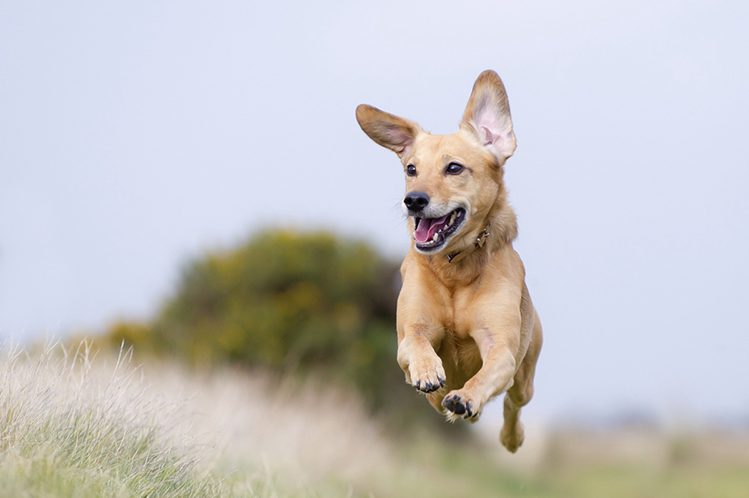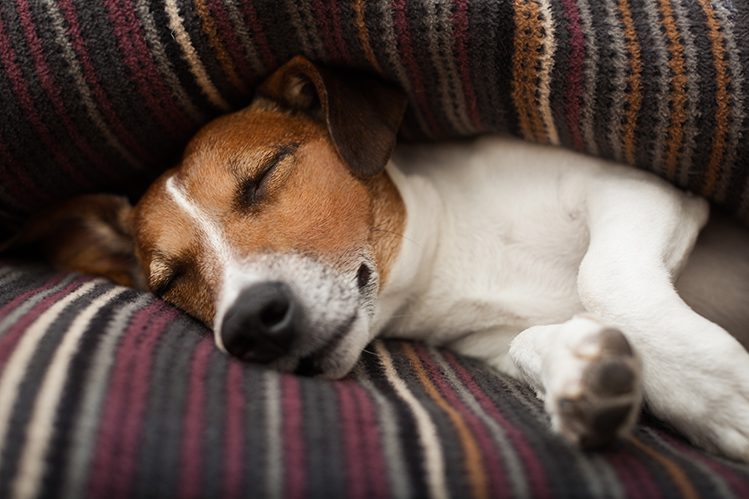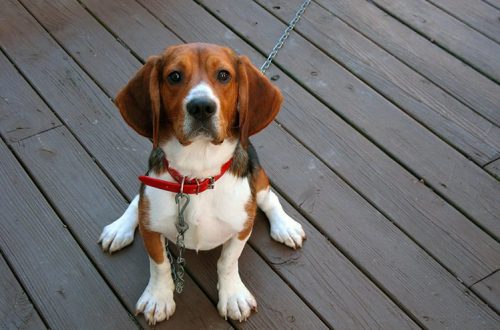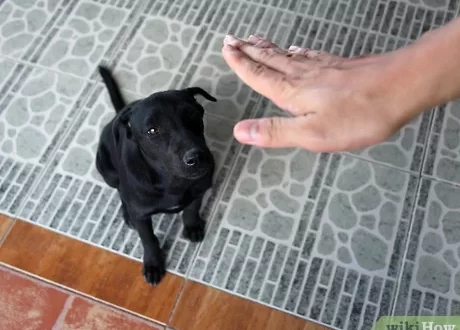
Puppy castration
Castration and sterilization of a pet is still a controversial topic for many. In our article, we will talk about what these procedures are, whether the puppy needs to be castrated and at what age, as well as preparation for surgery and post-operative care.
Castration and sterilization are not synonyms, but completely different concepts denoting different procedures.
Both procedures deprive the pet of the ability to reproduce. However, when dogs are spayed, the reproductive organs are preserved, and when castrated, they are removed. Which procedure is right for your dog will be decided by your treating veterinarian.
For bitches, spaying and castration is an abdominal operation. For males, the procedure is easier. During the operation, a small incision is made in an anesthetized male dog and the testicles are quickly removed. In this case, only one small internal suture is applied, which naturally dissolves in the tissues of the body over time. There may be swelling at the site of the wound for several days after the operation, but in general, the dog fully recovers within a few hours. Antibiotics are prescribed for the postoperative period.
If a discharge appears at the site of the wound, including bloody, it is necessary to consult a veterinarian as soon as possible.
Surgical interventions into the body are always accompanied by a certain risk. Perhaps this is the only serious disadvantage of the procedure. But thanks to modern equipment and the professionalism of doctors, it is minimized.
Among the disadvantages can be mentioned and excess weight, to which castrated and sterilized animals are more prone. However, in this matter it all depends on the feeding and mobility of the pet. There are enough heavyweight dogs among those who have retained their sexual function.
The most important argument against castration and sterilization: the dog must feel like a father, you can not deprive him of the fullness of life! What can be said about this?
Dogs are our best friends, full members of our family, and, of course, we tend to endow them with human feelings and even moral and ethical principles. But this is wrong, because dogs have a completely different psychology, completely different laws. So, the search for a mate for a dog is just an instinct, devoid of any moral background.
If you do not plan to breed, then ridding your pet of the breeding instinct is not only not cruel, but, on the contrary, humane. Believe me, your dog will not feel any sadness about this, his life will not become inferior. Even vice versa!
A neutered male will not react to a female in heat and will not run after her, risking getting lost or being hit by a car. Neutered males do not fight for females and do not get injured in these fights. Neutered males do not mark territory and are generally more docile than their non-neutered counterparts. In addition, castrated males reduce the risk of developing cancer and diseases of the genitourinary system.
The owner of a dog may be confused by the aesthetic side of the issue: empty bags of skin in place of pre-existing testicles look at least unusual. This should not worry you, since plastic correction is common today. Immediately after the operation, silicone implants are inserted in place of the testicles – and the appearance of the male remains the same.
As you can see, it is difficult to argue with the advantages of the procedure. This measure not only eliminates such unpleasant habits as marking the territory, but also makes the life of the dog safer.
Castrated and sterilized animals live longer by as much as 20-30%.

At what age should puppies be neutered or spayed? The answer to this question depends on the breed, on the size of the pet.
The optimal age for the procedure for a small or medium dog is not earlier than 1 year, for a large one – 1,5-2 years, because. Large puppies take longer to mature. Around this age, dogs begin puberty, and the operation is best performed during this period. Firstly, the puppy will not have time to learn the “wrong” behavior dictated by the instinct of reproduction. Secondly, the young body recovers quickly, and it will be easier for the puppy to undergo the operation.
This does not mean that it is impossible to castrate an adult dog. For an adult healthy dog, castration is safe, but there is a risk that after the operation the dog will also continue to mark the territory or run away from the owner (already from old memory, and not driven by instinct) or it will take a long time to recover after the operation.
But a premature procedure (before puberty) can really be dangerous, because the puppy is not yet strong and not fully formed. It is not recommended to castrate puppies under one year old.
Age is far from the only indicator for the operation. Many experts argue that the main thing is not how old a dog should be castrated, but the state of its health. For example, an elderly healthy dog will undergo surgery much more easily than a young dog suffering from serious illnesses. Therefore, everything here is individual. Your veterinarian can help you assess the risks.
The puppy to be operated on must be healthy and have strong immunity. Recovery after surgery depends on immunity, and it should not be undermined. This means that the puppy needs to be vaccinated (at least one month before surgery), dewormed (14 days in advance) and treated for external parasites (10 days in advance).
Before castration, the pet undergoes an examination to exclude the presence of contraindications to anesthesia and the operation itself.
The general preparation for the procedure is quite simple. The puppy is stopped feeding 12 hours before the operation, no water restrictions are required. In general, the pet should be rested and feel good. Make sure that on the eve of the operation the baby does not have stress and he can sleep well.
- If the operation is successful, the puppy will recover very quickly. However, the owner is still advised to take a couple of days off in order to be close to his pet in case of emergency. For several days after castration, the puppy may have swelling, this is not scary, but the appearance of discharge in the wound area is a good reason to visit the veterinary clinic as soon as possible. Do not hesitate with this!
The wound left after the operation should be treated (for example, with Baimicin spray) and protected from licking. To do this, the puppy will have to wear a special collar. Of course, not every dog will like such a collar. But do not worry, soon the baby will get used to the unusual attribute and stop worrying.
- After the operation, the puppy’s temperature drops, he will freeze and shake. To warm it up, you will need a warm blanket or blanket – you can cover your pet with them right on the couch. The effect of anesthesia after surgery can persist for a day, and the pet will experience disorientation. To prevent the baby from hurting himself, do not leave him on a bed or sofa, from where he can accidentally fall and be injured. The best place for a puppy is his “outdoor” couch.

- For the recovery period, strong physical exertion should be excluded from the life of a four-legged friend.
- Stock up on diapers. In the first hours after the operation, they will be very useful for a weakened baby.
- The puppy’s appetite may be absent for several hours after castration. The first “postoperative” portion should be half of the usual, but water should traditionally be freely available.
Here we have given the basic information that every dog owner should know. Of course, this is only a general reference, and the last word always remains with the veterinarian.
Good health to your four-legged friend!





